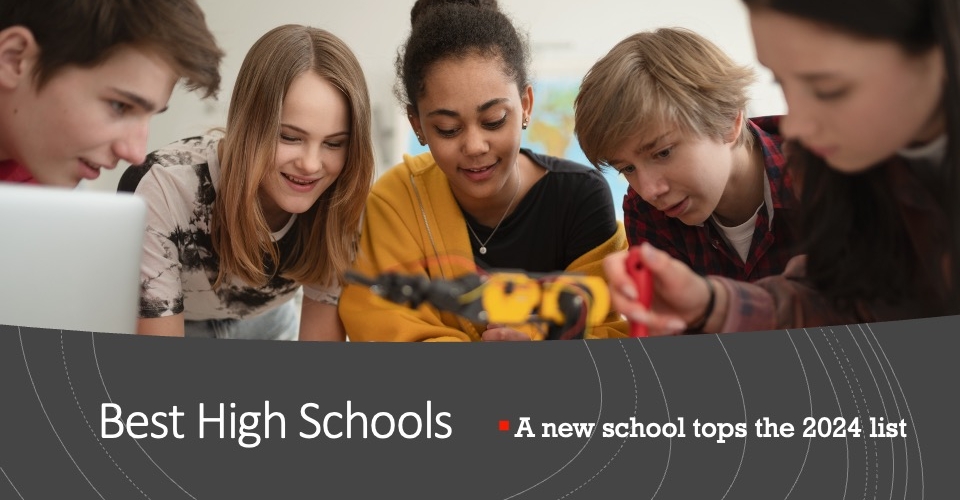As women in education and business, we all face barriers and indignities on our path to leadership. You’re mistaken for somebody’s assistant when you’re actually their boss. You could be left out of what are traditionally men’s events, like golf outings. Your experience and contributions sometimes go underrecognized or unrecognized.

I recently sat down with Gabriella Blakey, the chief operations officer of Albuquerque Public Schools, who says that good intentions for diversity hiring don’t always translate to meaningful change: “My biggest struggle is with people wanting to be proud of recognizing women in leadership but then in practice, it’s still a male-dominated field.”
Blakey, who has more than 20 years of experience in education, offered advice for women and men in education to transform a competitive environment into one of advocacy and mentorship that leverages individual strengths to make a profound difference in schools.
Remain strong in your core values and work your assets
Imposter syndrome can cause women to second-guess themselves or try to emulate male colleagues. Blakey encountered this when running meetings—her leadership style is collaborative, so she prefers not to sit at the head of the conference table. “It’s not because I don’t have strength and leadership; it’s just who I am,” she says.
Instead of worrying about how you might be perceived in these situations, Blakey recommended leaning into your assets. “Don’t change the core of who you are. Keep your same values, opinions, personality, how you talk to people,” she says, emphasizing that these are your strengths, not your weaknesses. “You don’t have to change who you are to be a leader and move up.”
Advocacy and mentorship help create more space at the top
As a woman of color, Blakey learned she couldn’t just sit back and wait for promotions; she had to force the doors open. She says the first step is to “know what you’re worth and be your best advocate. Don’t rely on other people to advocate for you.”
More from DA: Why one principal says, “We’re at a good place. We want to take it up a notch.”
Blakey added that advocacy shouldn’t stop there. A scarcity of top-level positions has bred a spirit of destructive competition that only serves to hold women back. We need to advocate for and mentor each other to create more space for everybody. This includes pushing women into leadership positions, advocating for women who are already at the table and serving as an informal mentor whenever possible.
“My hope is to have enough space for leadership that we all feel confident supporting each other because it’s still a funnel. Until we can break open the funnel of women getting to the top, it still serves as competition for us,” Blakey says.
Enlist men and district leaders to develop pipelines for women
Leadership conferences and training help women develop their professional strengths, but as Blakey reminded me, women do not have an equal share of organizational power.
That’s why she believes in teaching men to empower women, promote them, listen to them and ask them to speak first. Bias training for upper district leadership and decision-makers can be helpful because it encourages them to look inward and understand whether they are building on people’s strengths and encouraging self-advocacy.
And just like there are principal pipeline programs to identify and develop potential talent, Blakey calls for mentoring for upper-level positions to create a pipeline for women in education leadership.
Blakey believes organizations must first take stock of how their systems are promoting women, and then ensure that those women are not treated as check-marks, but as “valuable assets in progressing school districts forward.”









